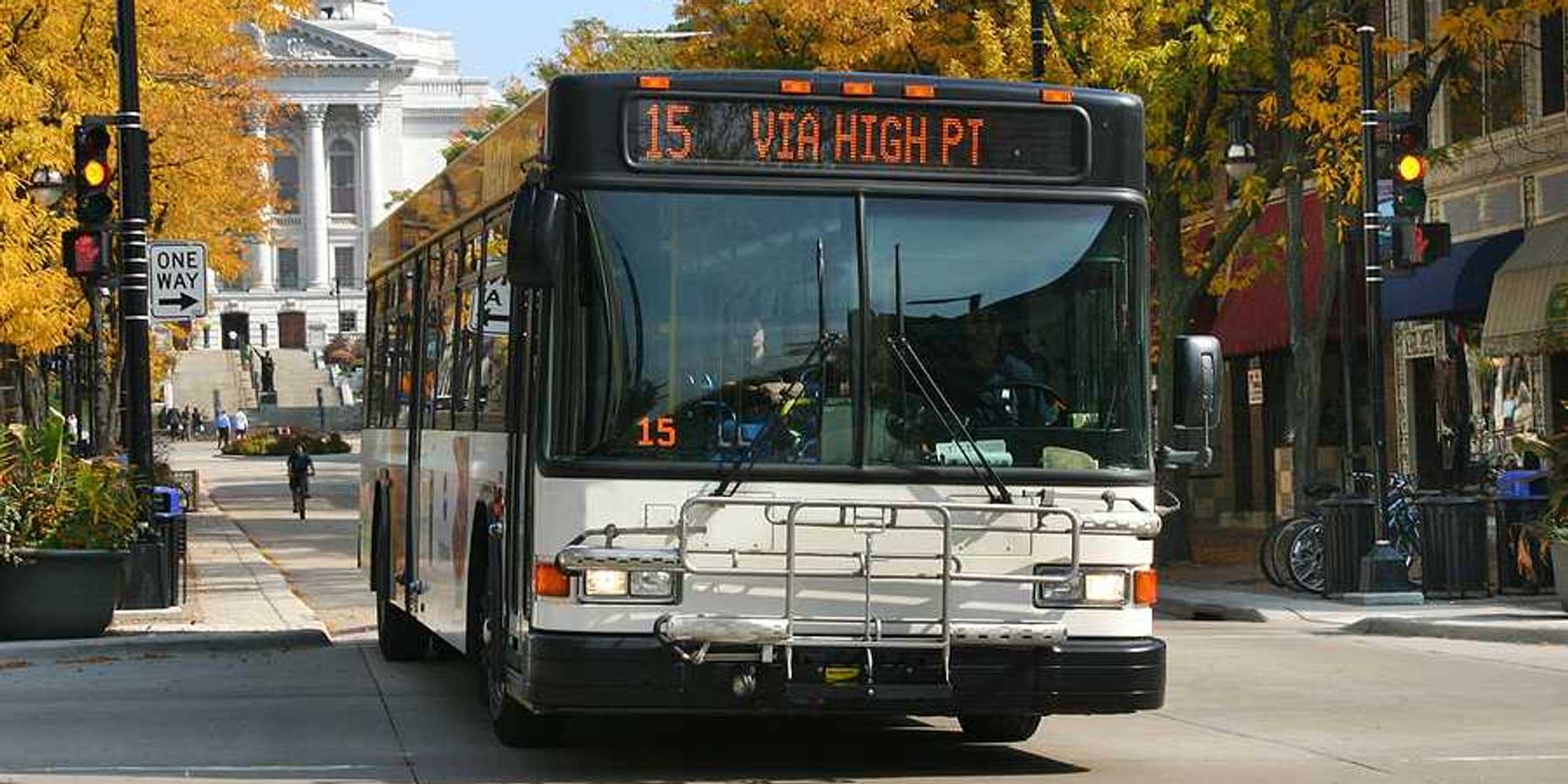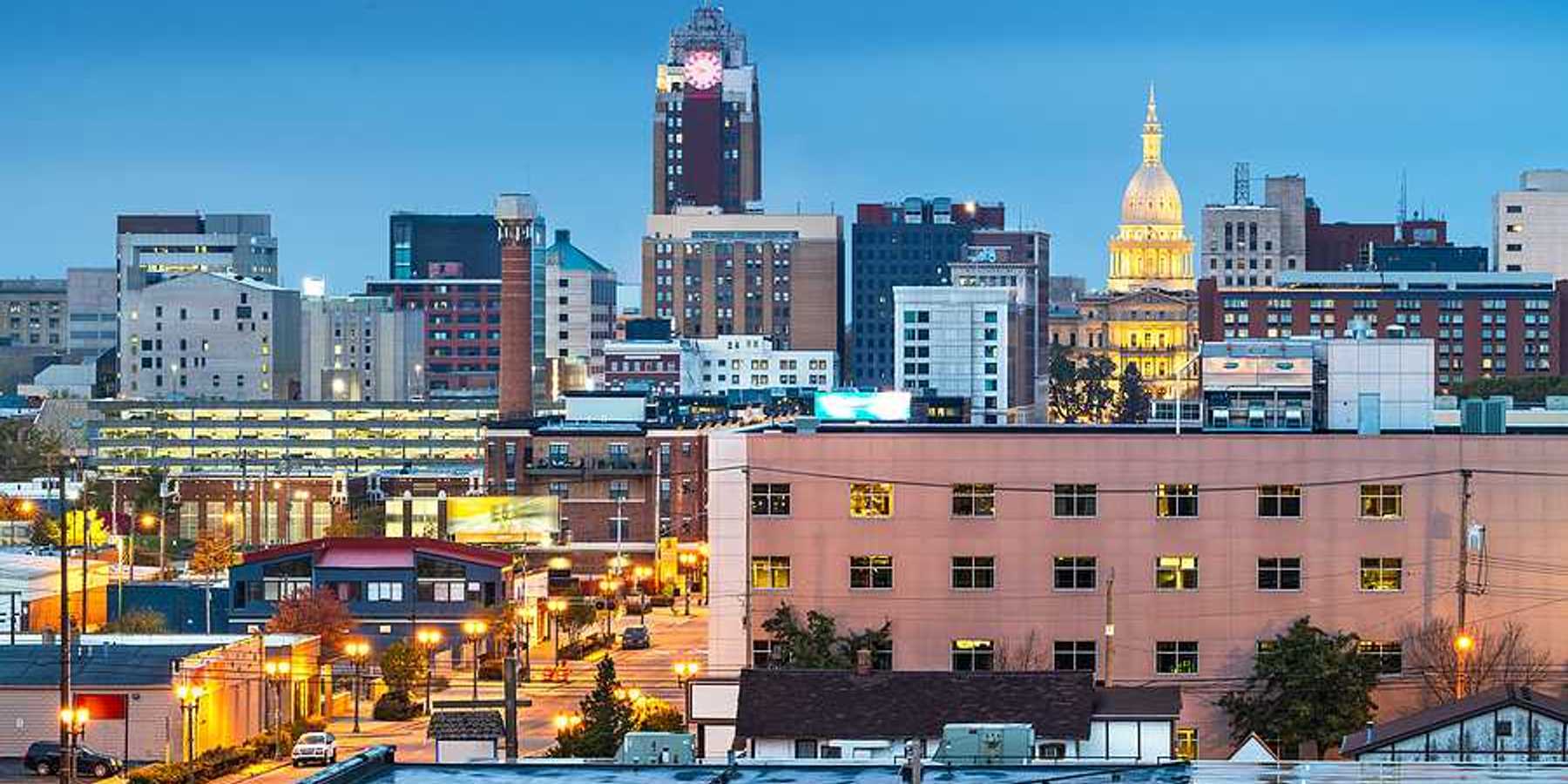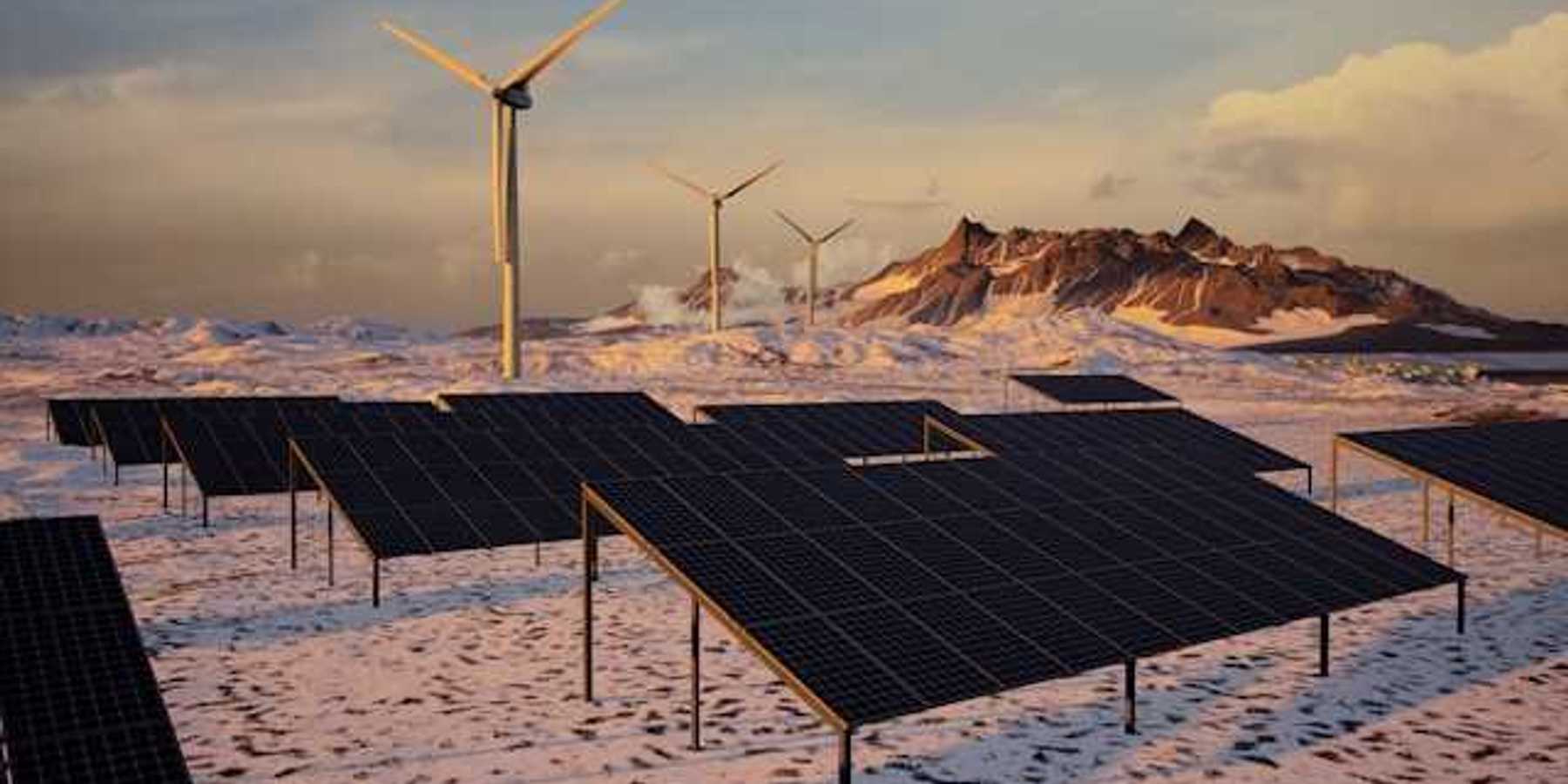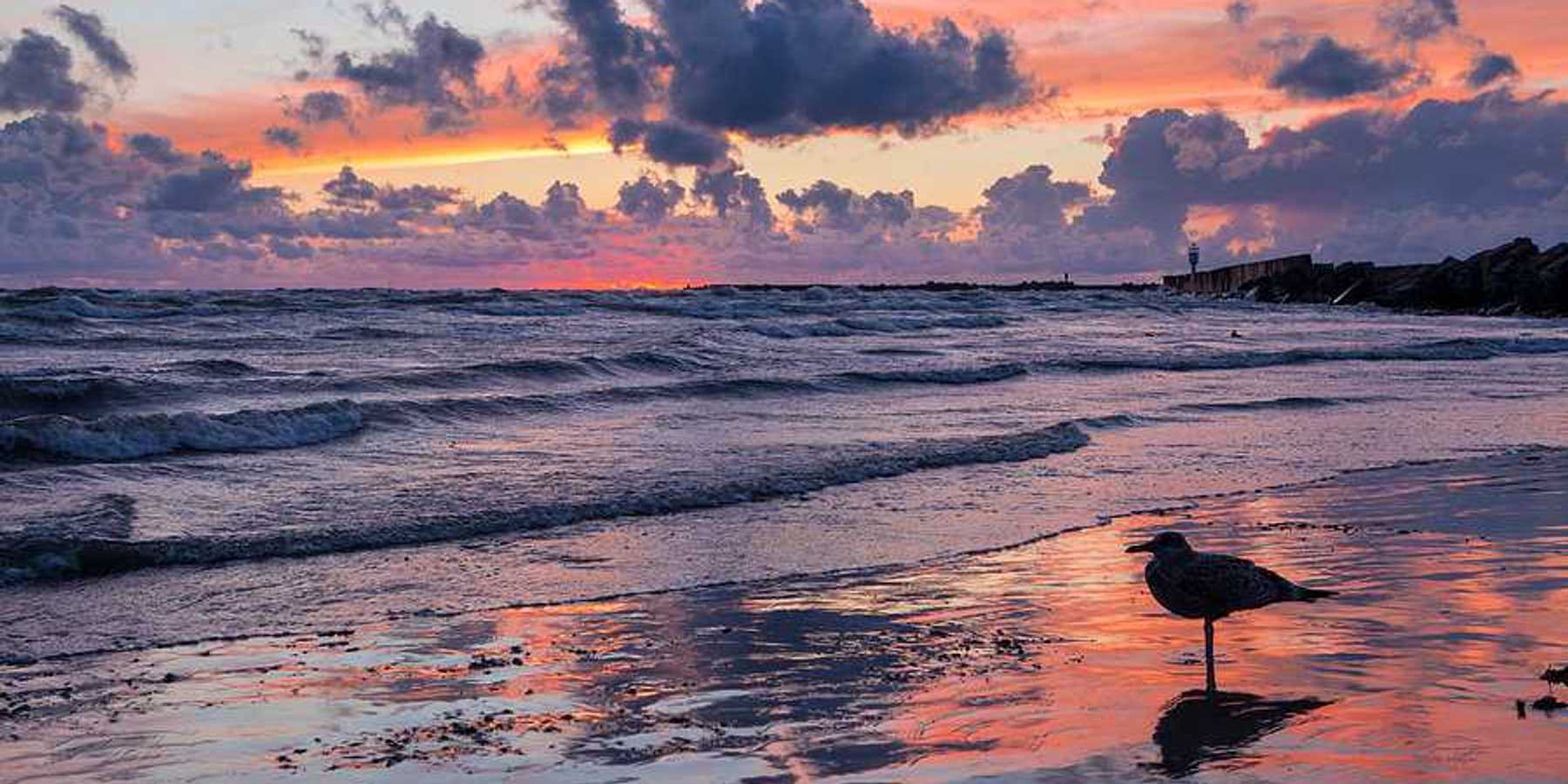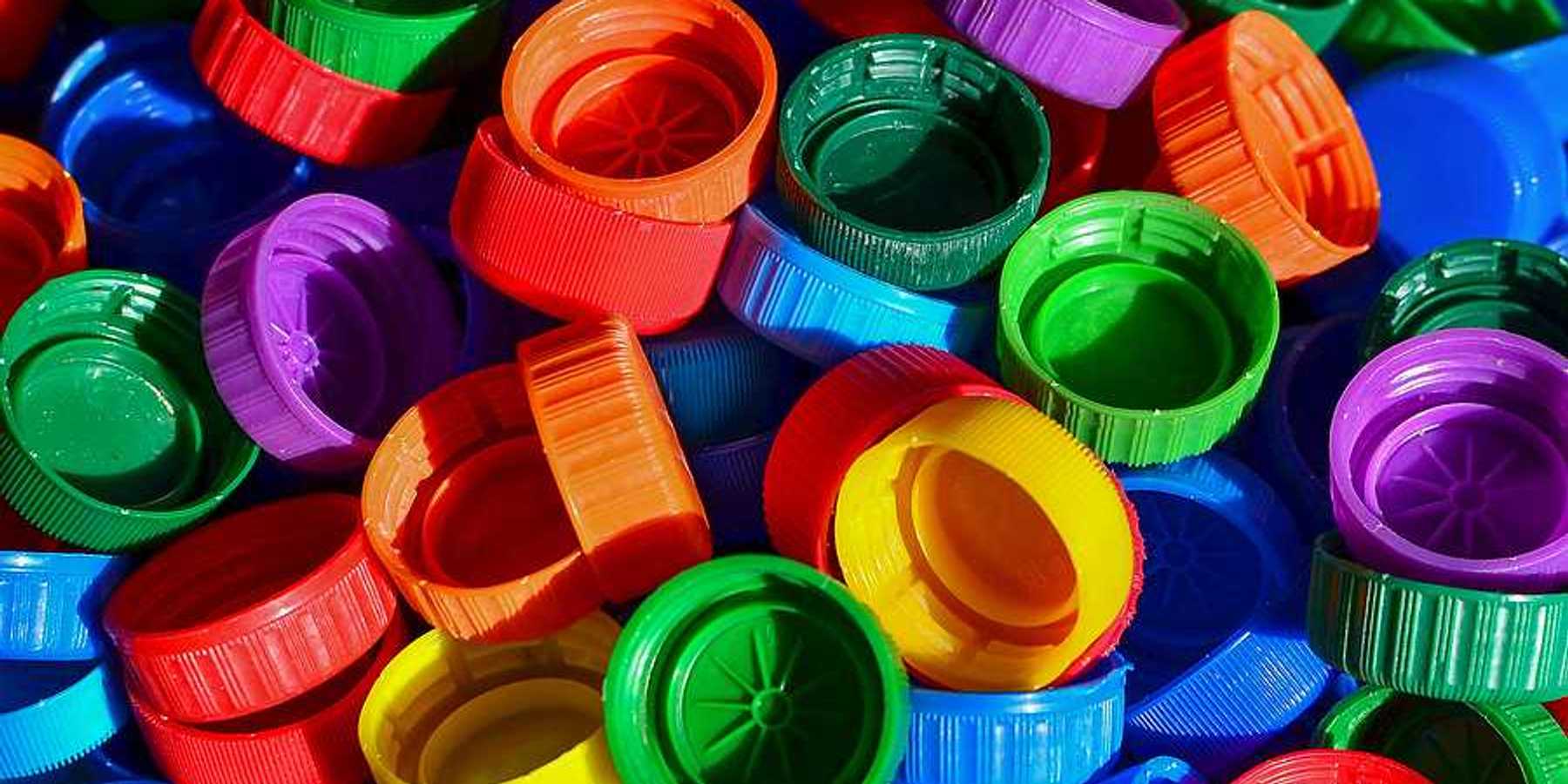20 June 2024
Heat wave intensifies crisis in overcrowded Philippine jails
A severe heat wave in the Philippines has exacerbated dire conditions in the country's already overcrowded detention facilities, causing a surge in heat-related illnesses among inmates.
Regine Cabato reports for The Washington Post.
In short:
- Temperatures soared past 122 degrees, leading to thousands of cases of boils, rashes, and skin diseases among inmates.
- Philippine jails, some operating at over 20 times their capacity, have struggled with severe overcrowding since Duterte's anti-drug campaign.
- The Philippine Supreme Court ordered judges to assess the impact of extreme heat on inmates, acknowledging the climate crisis's effects on prison populations.
Why this matters:
The extreme heat in Philippine jails highlights the urgent need for systemic reforms to address both overcrowding and climate resilience. Without significant policy changes, the health and safety of inmates remain at severe risk.
Related EHN coverage:

